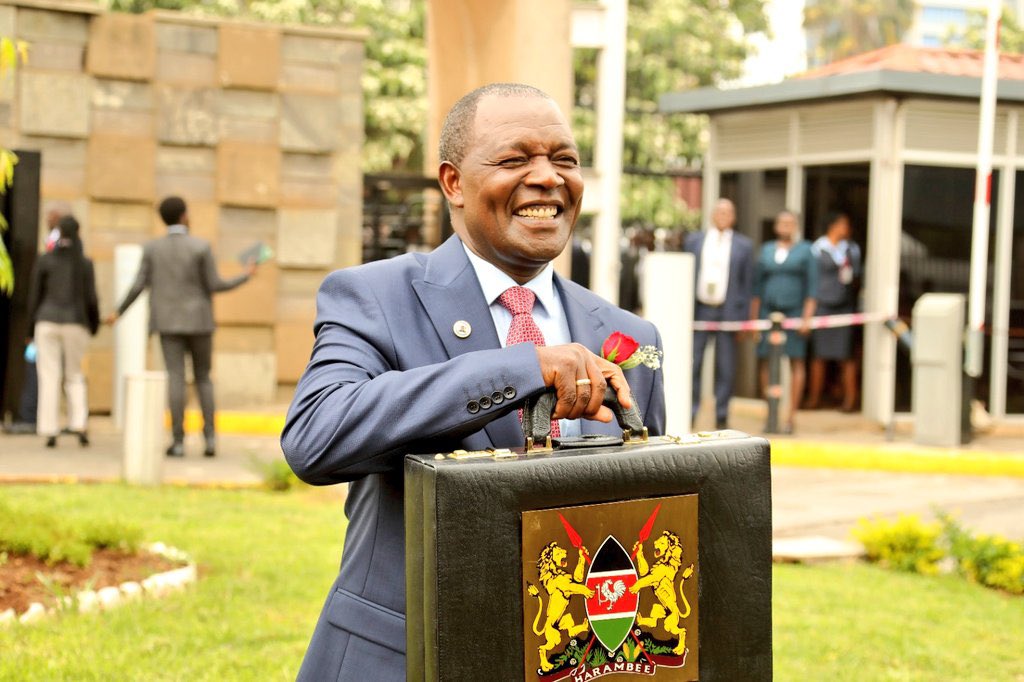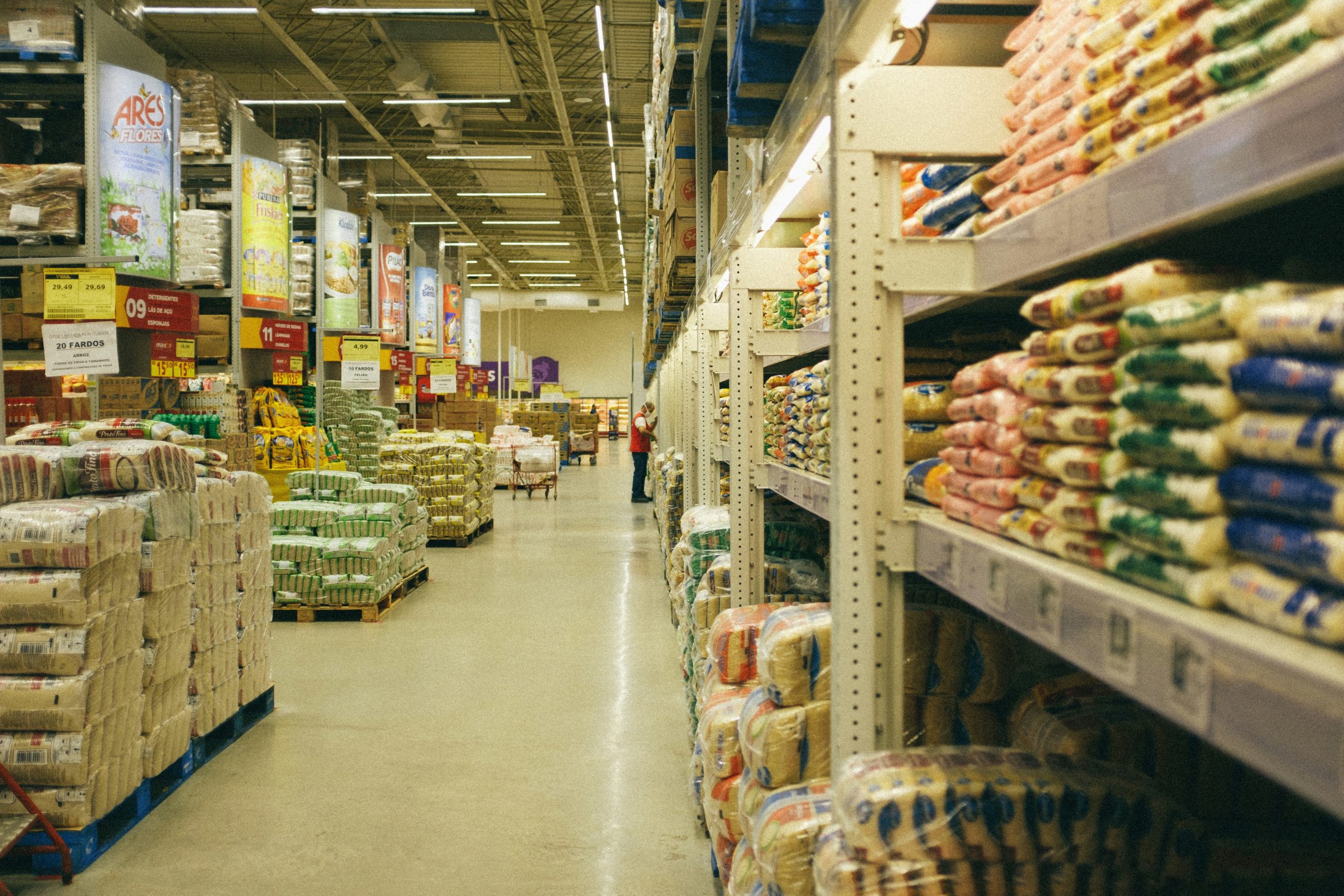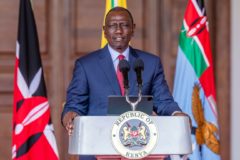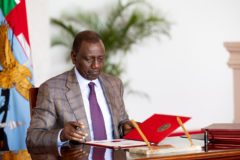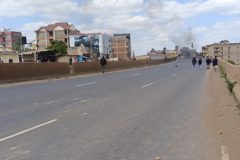The Kenyan government has allocated $110 million for the ICT industry. However, nearly half of that amount will be used to develop Konza, a green city outside Nairobi. The government is also focused on boosting connectivity across the country.
Yesterday, Kenya’s cabinet secretary for treasury, Njuguna Ndung’u, presented the state’s budget for the 2023/2024 financial year. The total budget is a whopping KES 3.68 trillion ($26.7 billion), a significant increase from the previous year’s budget of KES 3.3 trillion ($24 billion).
Allocations for ICT-related projects
According to the cabinet secretary, digitisation and automation can increase productivity and competitiveness by making it easier to access markets, improve information flow, and manage risk. ICT services can also free workers to focus on more creative and strategic tasks. Furthermore, they can positively impact youth employment by promoting new industries such as music, theatre, graphic design, digital animation, fashion, and craft.
A total of KES 15.1 billion ($109.6 million) has been allocated to fund initiatives in the ICT sector. “To promote productivity and competitiveness, a total of KES 15.1 billion has been allocated to fund initiatives in the ICT sector,” said Ndung’u.
Key allocations include KES 4.8 billion ($35 million) for the Horizontal Infrastructure Phase I at Konza City, KES 1.2 billion ($8.7 million) for the Konza data centre and smart city facilities, KES 5.7 billion ($41.38 million) for the construction of Kenya Advanced Institute of Science and Technology (KAIST) at Konza Technopolis, KES 1.3 billion ($9.4 million) for the maintenance and rehabilitation of the National Optic Fibre Backbone Phase II Expansion Cable, KES 475 million ($3.4 million) for the construction of Konza Complex Phase 1 B, and KES 583 million ($4.2 million) for Last Mile County Connectivity Network. These allocations are aimed at supporting the growth and development of the ICT sector.
Based on these numbers, the government will continue to pump millions into the development of Konza (nearly half the ICT allocation), a sustainable and futuristic city under construction on Nairobi’s outskirts. The city has also been receiving support from South Korea, which is also developing KAIST in collaboration with the Kenyan government.
The new administration with president Ruto at the helm promised it would be committed to expanding digital connectivity. Kenya has made significant progress in this area, but some challenges remain, such as a lack of experts and an ICT infrastructure development plan. The government has built over 9,000 kilometres of terrestrial fibre optic cable and 534 kilometres of last-mile connectivity infrastructure, linking 1,650 public institutions and offices. By 2030, connectivity will grow significantly, and bandwidth requirements will increase due to big data consolidation and analytics.
Other ICT highlights from the 2023 budget
The Central Bank of Kenya (CBK) is collaborating with other agencies and regulators, such as the data protection commissioner’s office, to ensure that all digital credit providers are included within the regulatory framework. This collective effort aims to safeguard consumers and their interests. So far, only 32 digital credit providers have been licensed by the CBK.
Two measures in the digital segment have been introduced. Firstly, a 5% withholding tax has been imposed on gross payments about digital content monetisation. Secondly, a digital asset tax has been introduced, set at 3% of the value of digital assets transferred or exchanged.
READ MORE: Taxing creativity: Kenyan content creators pushback against proposed taxes
Lastly, Kenya plans to facilitate instant retail payments and will launch a compatible payment platform. This platform will enable seamless transactions across banks, payment service providers, card schemes, and other regulated financial institutions. The primary goal is to reduce the cost of services, enhance options, competition, and stability, and encourage the widespread usage of digital payments among the Kenyan population.
What do you think about our stories? Tell us how you feel by taking this quick 3-minute survey.







